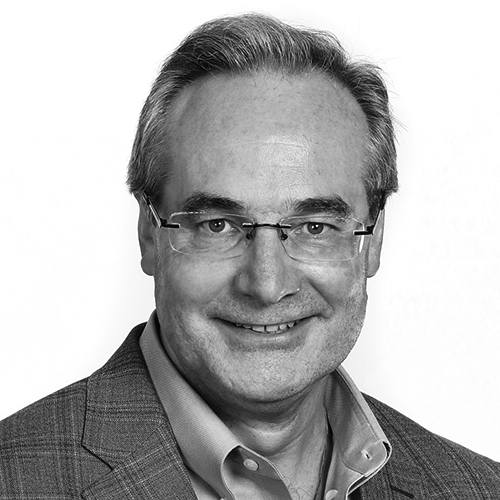
Mark Roeder
President and CEO, Adult Congenital Heart Association
For more than two decades, the Adult Congenital Heart Association (ACHA) has been the leader in raising awareness of congenital heart disease (CHD) and the specialty medical care needs of people living with CHD throughout their adult lives.
Starting as a volunteer-led organization offering an opportunity for people with CHD to meet someone with the same heart defect, we have grown to become the go-to resource for the nearly 2 million adults living with CHD, along with their healthcare providers.
We offer education and support that empowers people to take an active role in their cardiac care, such as webinars and other virtual opportunities during the COVID-19 pandemic. We engage healthcare providers in the latest developments in adult congenital heart disease (ACHD) care through the ACHA ACHD Accreditation Program and by funding groundbreaking ACHD research.
Approved care
The Accreditation Program — the only of its kind — was designed and developed by healthcare providers and adults living with CHD to meet the needs of the ACHD patient population, and improve the quality of care delivered throughout the United States. We have elevated the quality of CHD medical care with more than 30 accredited centers nationwide, and that number grows annually.
Together we’ve come so far, but we still have work to do to improve and extend the lives of the millions born with heart defects. While ACHA has been raising CHD awareness for more than years, the healthcare community is still catching up to the growing patient need. ACHD is a newer subspecialty, with the first American Board of Internal Medicine exam offered just five years ago.
Unfortunately, despite the recent growth of certified ACHD healthcare providers and ACHD medical centers in the United States, only a fraction of patients are being seen in these specialized centers — data reported in our ACHD Program Directory shows that fewer than 10 percent are being seen by a board-certified ACHD healthcare provider. We attribute this to a lack of education and awareness for the need of lifelong care and monitoring.
It is essential for adults with CHD to recognize that their condition requires care throughout their life, following recommended guidelines (which we spell out on our website). ACHA offers the tools and education that adults with CHD need, as well as a network of community support.
To join and support the Adult Congenital Heart Association, visit www.achaheart.org.

